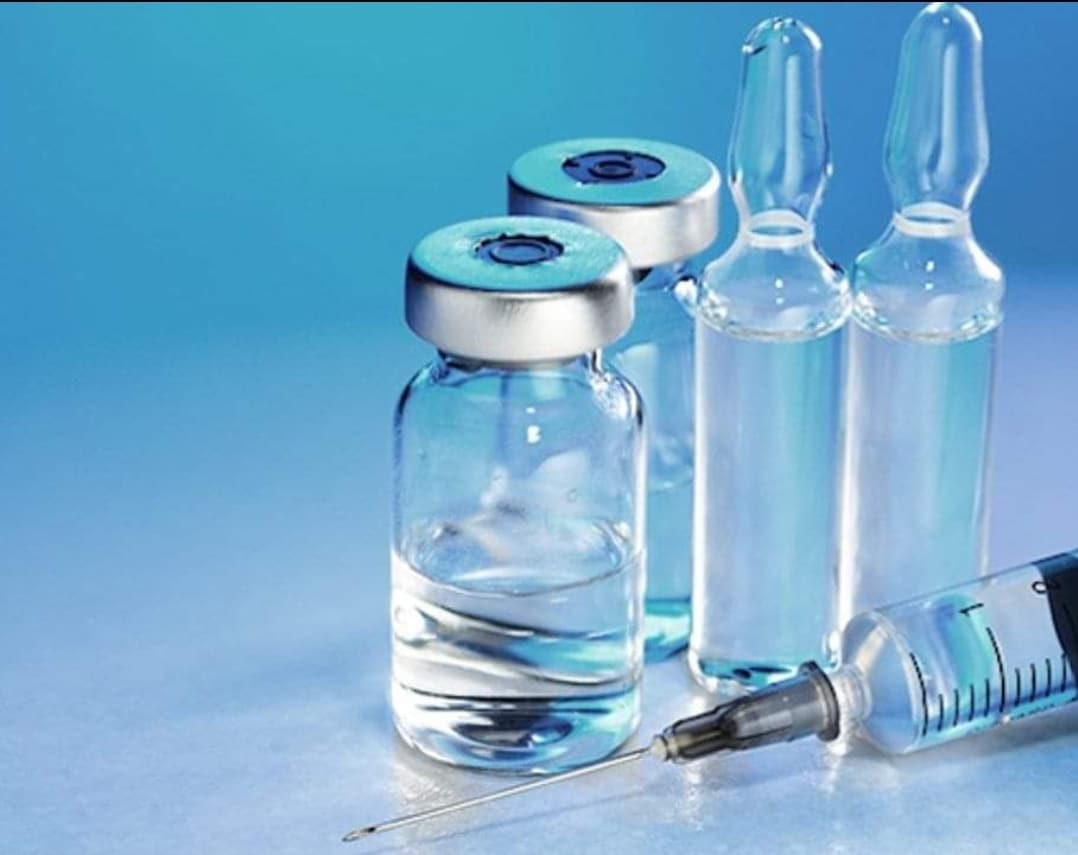USP Container Closure Sterile Integrity Testing
The USP Container Closure System Integrity Test (CCSIT) is a critical step in ensuring the safety and efficacy of injectable and parenteral pharmaceutical products. This test evaluates the integrity of the container-closure system to prevent contamination, which can lead to product spoilage or, worse, adverse health outcomes.
The USP CCSIT assesses the barrier properties of containers such as vials, syringes, and infusion bags by subjecting them to pressurized gas (such as nitrogen) under controlled conditions. The test checks for any leaks that could compromise sterility. This is particularly important in sterile injectable products where even minimal contamination can cause severe health issues.
The testing procedure involves filling the container with a specified volume of gas and sealing it to create an overpressure condition. The container is then held at this pressure for a set period, typically 5 minutes or more, depending on the USP monograph being followed. During this time, any leakage would allow some of the gas to escape, which can be detected using sensitive measurement instruments.
The primary goal of this test is to identify potential flaws in the container-closure system that could lead to contamination during storage and handling. This ensures that the product remains sterile throughout its shelf life, thereby maintaining its efficacy and safety for patients. The USP monographs provide specific guidance on how this testing should be conducted, emphasizing the importance of robust and reliable methods.
The CCSIT is a regulatory requirement under various pharmacopeias, including the United States Pharmacopoeia (USP), European Pharmacopoeia (Ph Eur), and British Pharmacopoeia (BP). This means that manufacturers must adhere to these standards when validating their container-closure systems. Compliance with these regulations is crucial for ensuring product quality and regulatory compliance.
To ensure accurate testing, laboratories equipped with specialized CCSIT equipment are essential. These labs use high-precision instruments capable of detecting even the smallest leaks. The instrumentation typically includes pressure gauges, manifolds, and leak detection systems that can measure minute changes in gas pressure.
The process of preparing specimens for USP CCSIT involves several steps. First, the containers are cleaned according to the manufacturer's instructions to remove any foreign substances or residues. This step is critical because even traces of contamination could skew the test results. Next, the containers are filled with the specified volume of gas and sealed tightly.
After the pressurization period, the containers undergo a holding time during which they remain under pressure. This allows any small leaks to become apparent as some of the gas escapes through the leak site. Once the holding time is complete, the pressure in the container is measured again. Any change in pressure indicates a potential leak.
The results of the CCSIT are reported according to USP guidelines, which provide detailed criteria for evaluating the integrity of the container-closure system. The report includes details on the equipment used, the methodology followed, and the outcome of the test. Compliance with these standards ensures that the data is reliable and can be trusted by regulatory bodies.
- Compliance with USP monographs
- Use of specialized CCSIT equipment
- Robust specimen preparation procedures
- Accurate reporting according to USP guidelines
International Acceptance and Recognition
The USP Container Closure Sterile Integrity Test is widely recognized and accepted by regulatory authorities around the world. The United States Pharmacopoeia, European Pharmacopoeia, British Pharmacopoeia, and other national pharmacopeias all include CCSIT as a critical test for ensuring the safety of injectable products.
Regulatory bodies such as the Food and Drug Administration (FDA) in the United States and the European Medicines Agency (EMA) in Europe rely on the results of this test to ensure that pharmaceutical products meet stringent quality standards. Compliance with these regulations is not only essential for product safety but also for market access.
Pharmaceutical companies must demonstrate compliance with CCSIT requirements during drug development and manufacturing processes. This ensures that the products are safe and effective, which in turn enhances patient confidence and trust in pharmaceutical brands.
Environmental and Sustainability Contributions
The USP Container Closure Sterile Integrity Test plays a crucial role in ensuring that injectable products are safe for patients, but it also contributes to environmental sustainability. By identifying flaws in the container-closure system early in the manufacturing process, this test helps prevent waste from defective products reaching the market.
Companies that comply with CCSIT requirements can reduce the amount of product that needs to be recalled or discarded due to contamination issues. This not only saves costs but also reduces environmental impact by minimizing waste and energy consumption associated with reprocessing or disposal.
The use of robust container-closure systems also promotes sustainable practices in healthcare, as it ensures that patients receive safe and effective treatments without unnecessary exposure to contaminated products. This aligns with broader sustainability goals within the pharmaceutical industry.
Competitive Advantage and Market Impact
- Regulatory Compliance: Ensuring compliance with USP CCSIT requirements provides a significant competitive advantage by demonstrating commitment to quality and patient safety.
- Informed Decision-Making: The precise data obtained from CCSIT allows companies to make informed decisions about product development and manufacturing processes, leading to better outcomes.
- Market Access: Compliance with global standards opens up opportunities for market access in countries that require USP compliance for drug approvals.
- Patient Trust: Demonstrating a commitment to stringent quality control measures builds trust among patients and healthcare providers, which is crucial for brand loyalty and reputation.





